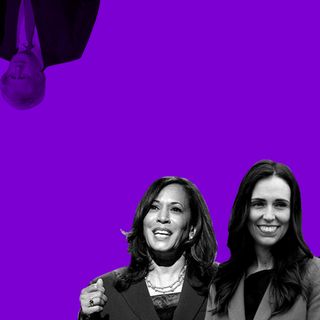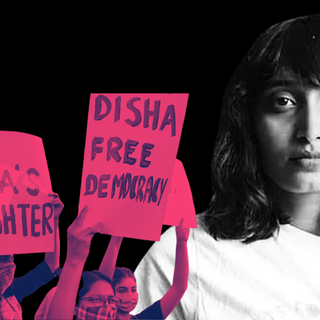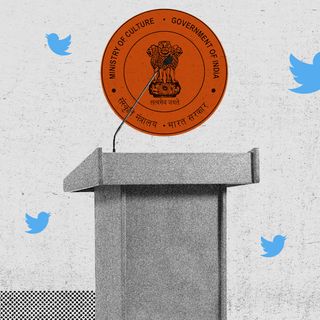More adult Americans than ever before identify as lesbian, gay, bisexual, or transgender, a just-released 2020 Gallup poll has found, suggesting that with growing cultural acceptance of queerness comes the freedom to publicly share those identities.
“Younger people are growing up in an environment where being gay, lesbian or bisexual is not as taboo as it was in the past,” Gallup editor Jeffrey Jones told NBC News. “So they may just feel more comfortable telling an interviewer in a telephone survey how they describe themselves. In the past, people would maybe be more reluctant.”
The increase is driven primarily by the adult members of Gen Z, aged 18 to 23 at the time of the survey, one in six of whom identify as LGBT+. Bisexuality was the most commonly reported identity among this age group, as well as among Millennials, the next-older generation. Overall, women were more likely than men to identify as LGBT+, and more likely to identify as bisexual.
Related on The Swaddle:
It’s Time We Accept Those Questioning Their Sexuality, Gender as Unquestionably Queer
In total, 5.6% of Americans, or 18 million people, identified as LGBT+ — an increase of 24% since the last poll in 2017. But the report notes that if the youngest generation’s growing comfort in sharing LGBT+ identities is behind the expansion, a counterpoint could exist in reluctance among older generations to share their queer identity — and thus, the true number of queer Americans might be much higher.
The report ties the increase in queer identification to recent advances in LGBT+ rights in the U.S. — the most notable of which occurred in 2015 when the U.S. Supreme Court legalized same-sex marriage. This portends a similar, encouraging trend in numbers in India. While same-sex marriage has not yet been legalized, the Indian Supreme Court’s 2018 scrapping of Section 377, which criminalized being gay, was a similar watershed moment and, anecdotally at least, led to greater comfort in expressing queer identities. India may have a long way to go in granting equal rights to LGBT+ people — and cultural acceptance — but the U.S. poll gives hope that once we do, queer people will find greater comfort and safety in expressing their identities. And society will realize just how many among us are queer — and how integral they’ve been all along.




